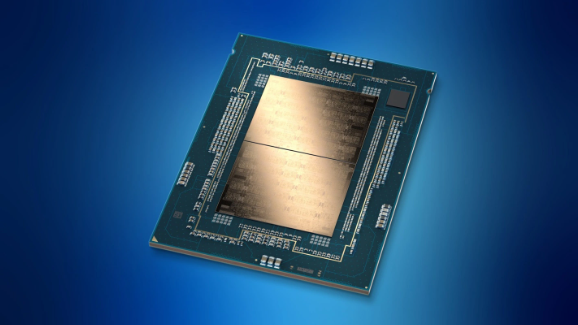
Intel’s latest Intel SDE 9.33.0 reveals amazing cache improvements coming to next-generation Granite Rapids Xeon CPUs. It is understood that the processor will be released in 2024, and the L3 cache capacity of its top model will reach an astonishing 480MB, an increase of 1.5 times compared to the previous generation "Emerald Rapids". This improvement will bring significant improvements to computer performance, making processing big data and complex tasks more efficient. This is also one of the latest results of Intel's continued push for processor performance.
Intel’s continued enhancement of cache shows its determination to compete fiercely with AMD in the high-performance computing market. Last year, Intel's fifth-generation Emerald Rapids CPU significantly increased the L3 cache capacity from 105MB to 320MB. Now, Granite Rapids' further leap will undoubtedly once again consolidate its leading position in the industry. This move will provide users with higher computing performance and faster data access speeds to meet growing computing needs. Intel's continued innovation and technological advancement will help them stay ahead in the highly competitive market while providing users with a better computing experience.

It is understood that although AMD’s current EPYC 9004 CPU provides an L3 cache of up to 384MB, even the Genoa-X model with 3D V-Cache technology reaches a total cache of 1152MB , but Intel seems not satisfied with the current situation. The launch of Granite Rapids indicates that Intel will respond to AMD's challenge with more powerful cache performance and further enhance its competitiveness.
As the number of processor cores increases, the importance of cache becomes more obvious. For data centers and high-performance computing applications, larger caches can provide higher data throughput and lower latency, which is critical to improving overall system performance. Intel and AMD's continuous investment and innovation will promote the progress of the entire industry.
The above is the detailed content of Intel Granite Rapids exposure: cache increased to 480MB to compete with AMD EPYC. For more information, please follow other related articles on the PHP Chinese website!




